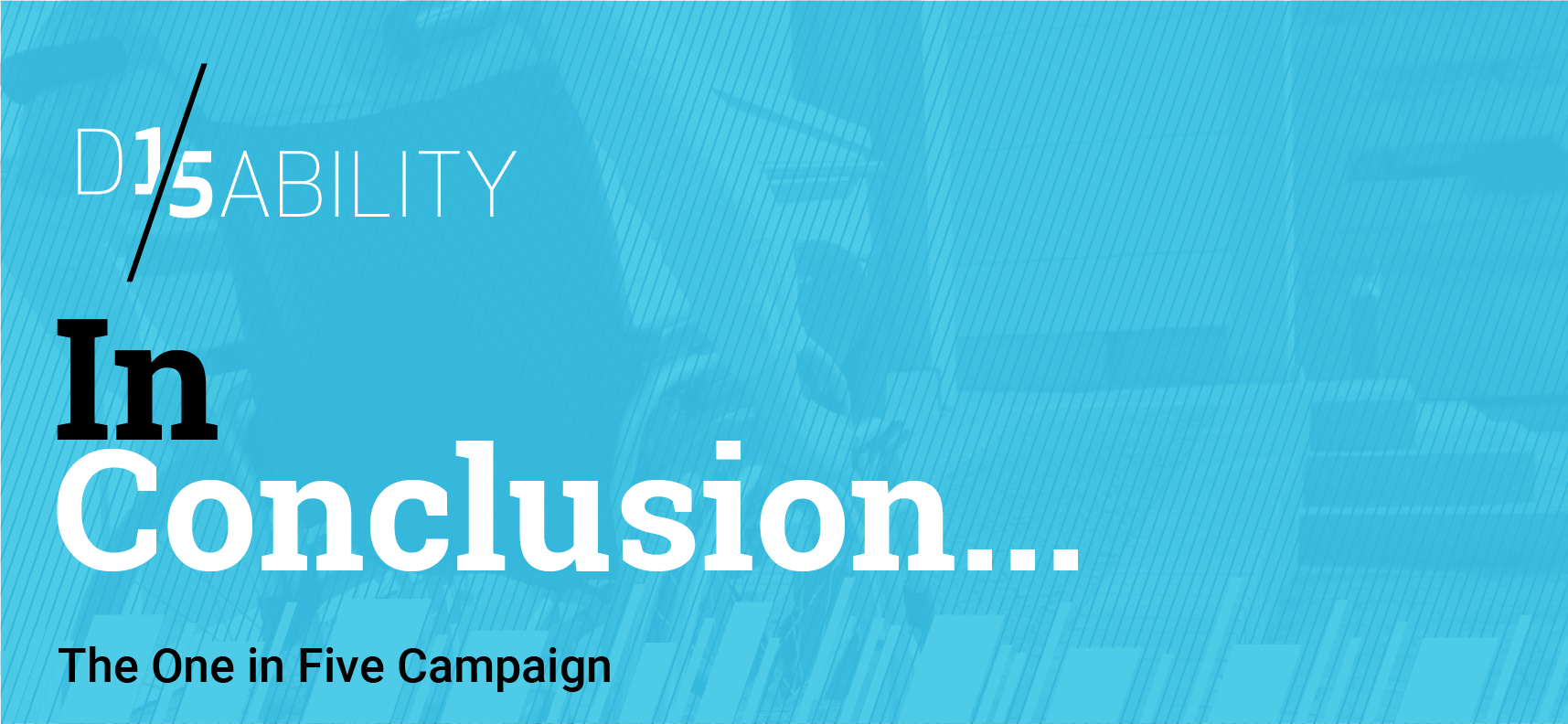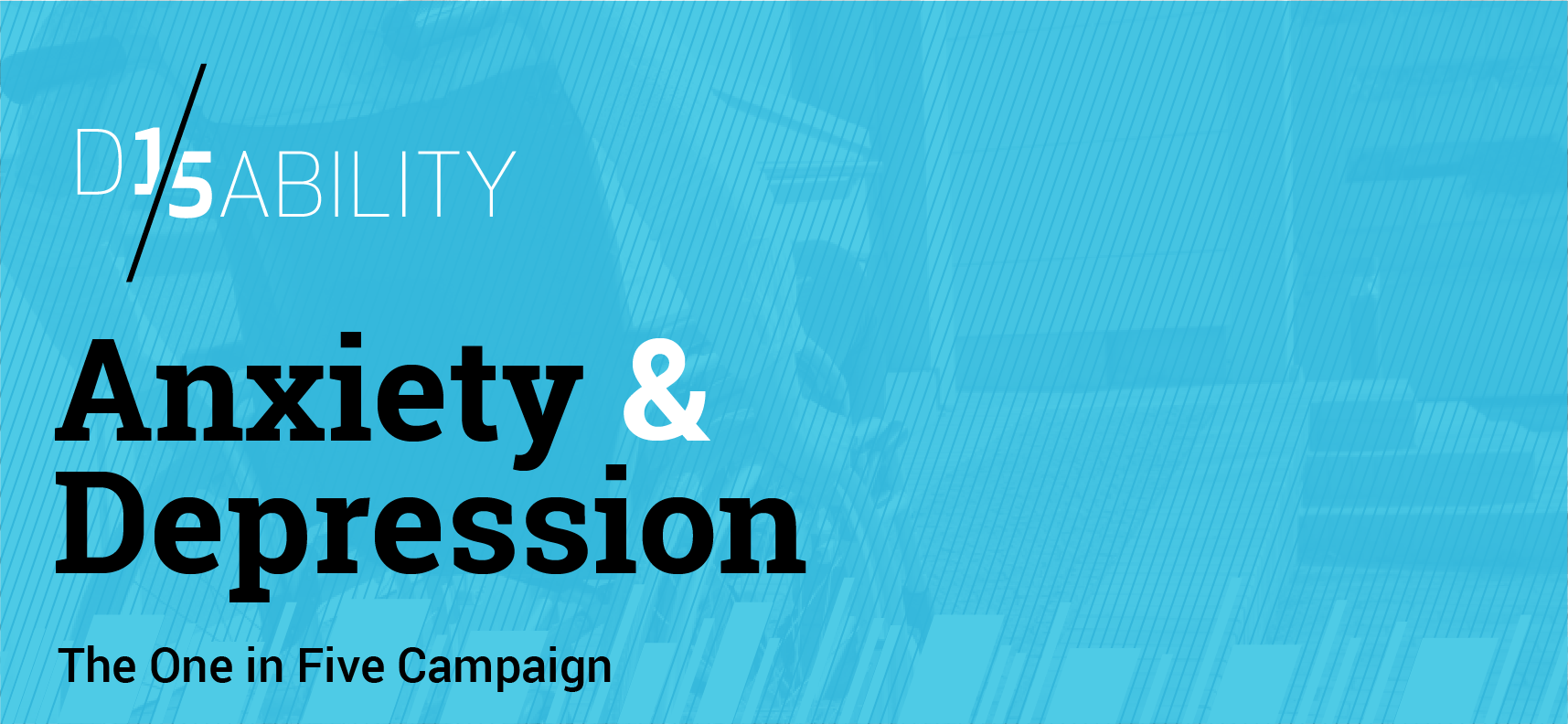
- Home
- Uncategorized
- Our society forces disabled people to be superhuman — Paralympian or not

adminAuthor
Related Posts
In Conclusion…
One in Five has decided to conclude our campaign. We at One in Five are immensely proud of what we achieved as a non-funded, grassroots, cross-party political campaign. Did the campaign succeed? Yes and no. Ultimately we haven’t seen a significant increase in the numbers of disabled people in elected office but when we started…
Our parliament should reflect and represent all of us
Gordon Aikman is an MND patient and political campaigner. “When your legs don’t work like they used to before. And I can’t sweep you off of your feet.” Ed Sheeran’s Thinking Out Loud must be a rare choice for the first dance at a wedding. Yet for my partner and I, it struck a chord….
Anxiety & Depression
By Jamie Walker, Campaigner and SNP Member I have long held the view since a very young age that the ability to be involved in politics – whether within a party, charitable organisation or even as a single cause – is a noble endeavour. To put in simply, politics, despite all the negative press and connotations,…
Political Minds
by Jamie Walker I will be honest, recently I have suffered from an extremely difficult spell of anxiety. As or writing I am not feeling well. I have not been feeling myself and despite looking good on the outside on the inside however it is a completely different story. I have struggled over the last…




